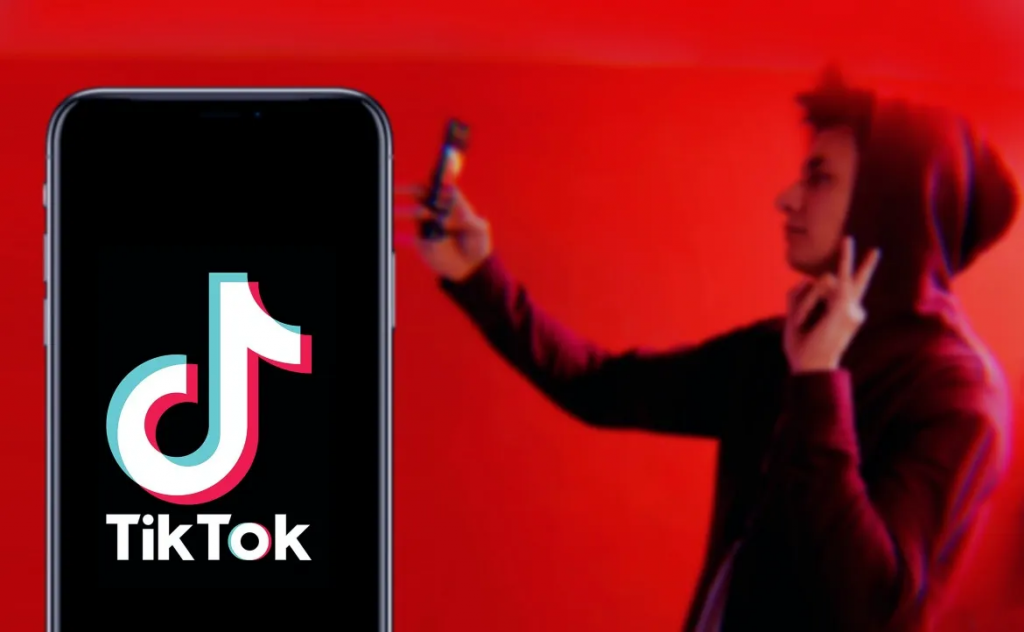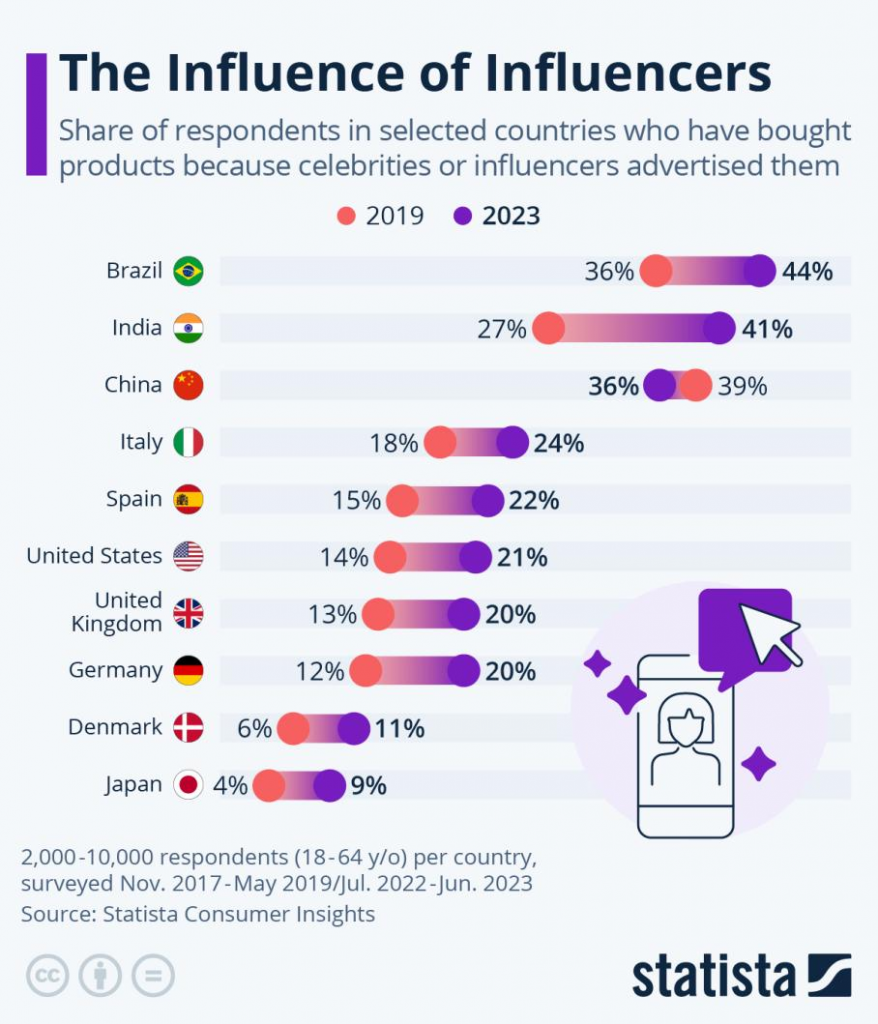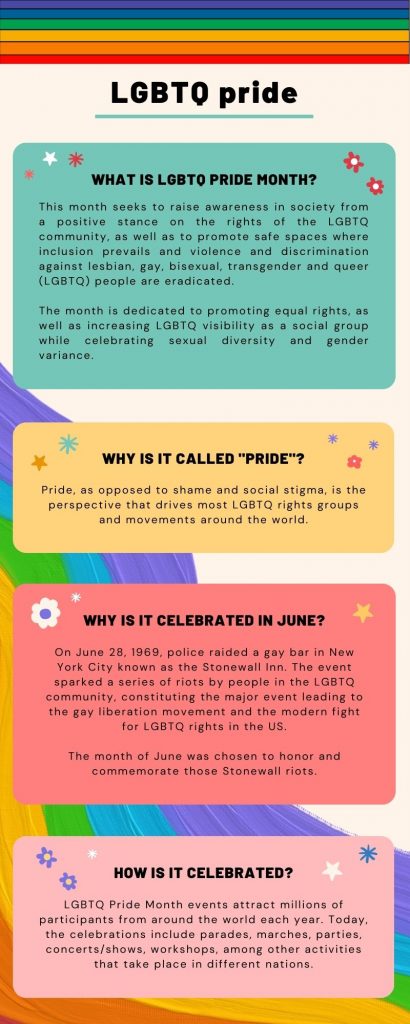The rapidly growing social media advertising market presents huge opportunities, yet it also brings challenges for influencers balancing fame, ethics, and authenticity.
In 2023, social media advertising expenditure is projected to exceed $268 billion. social media advertising is expected to reach $79.28 billion by 2024.

Black Liu officially entered this industry due to the vast market potential, stating, “I saw the potential for making money quickly – the influencer market was booming, and I thought, ‘Why not?’… It took a lot of trial and error, and honestly, a bit of luck.” The real data also demonstrates the enormity of this market.Black Liu attracted 300,000 followers due to his unique insights on fashion. Chinese TikTok celebrity Dong Yuhui’s personal new account “Yu Hui Tong Xing” exceeded 30 million views within the first two hours of its debut on January 9, 2024, and the sales generated from the three-hour live stream exceeded 150 million Chinese yuan laitimes, 2024.
Another Chinese internet celebrity, “Crazy Little Yang Brother,” purchased a property for 100 million, paid 200 million in annual taxes, and disbursed 50 million in monthly salaries, while also spending 30 million on a concert 8 Days, 2024. These two Gen Z short-video talents have amassed over 100 million followers on Douyin the Chinese version of TikTok. However, by 2022, there has been an overall decline in user confidence in social media platforms .
Also, there are those who have become influencers by sharing their hobbies.As one influencer we interviewed explained “I’ve always loved makeup and fashion, and I just started posting photos and videos of my looks on Weibo – just for fun.” There are also those who have gained fame from their casual video uploads, such as one fashion influencer explained , who said, “I started posting videos on Bilibili about my pet hamster – it was just for fun, a way to share my love for him. But then, unexpectedly, it took off! People loved seeing the little guy, and my channel grew really fast.”
The study has also searched the rise to fame of Li Ziqi, a well-known internet celebrity in China. Her videos have such a wide audience because they make viewers feel relaxed and provide them with a break from the fast-paced urban lifestyle. Her videos are set in the remote countryside of Sichuan, which captures the attention of her fans.

In the videos, she is shown working in the fields, demonstrating ancient techniques of planting, harvesting, and making noodles. Her videos are accompanied by soothing background music, and she does not speak in the videos, instead authentically reverting to China’s ancient origins and traditions. Metaphorical signifiers are pervasive in her video, employing visual props and compositional techniques to implicitly convey messages about lifestyle, values, and product desirability .
Once an individual becomes a public figure, the societal demands placed upon them extend beyond the content of their creative work. They are also expected to maintain a high level of artistic quality, ethical conduct, and social responsibility. This essentially signifies a shift in the power dynamics – fans no longer merely engage in blind adoration, but adopt a more critical, “magnifying glass” approach to scrutinize their “idols” and their every word and action.
This sentiment was echoed by the interviewees. As one respondent expressed, “It’s like, I’m under a microscope 24/7. One wrong step, and boom – my whole career can go down the drain. My fans, they’re not just fans, they’re… critics. And they’ve got a whole lot of power now.” Another interviewee noted, “People think they own a piece of you. They dissect your every video, your every Instagram post, looking for something to hate on. It’s exhausting.”
The interviewee emphasized the need to strike a balance between money and authenticity. The core of internet celebrities lies in “monetizing traffic”, which inherently makes their business model driven by financial interests. To maintain their level of attention, they often pursue short-term gains by accepting low-quality advertisements or selling inferior products under the guise of quality.
As one fashion influencer explained stated in the interview, ” There was one time I promoted a product… the commission was really good, I gotta admit. But, um, the product ended up having some serious quality issues. People were not happy, and rightfully so.” Many Chinese internet celebrities have been involved in “Tafang” incidents related to false advertising and product quality issues. ‘Tafang’ culture is quite similar to the cancel culture in the Western world but more extreme , which actually reflects the widespread moral dilemma in the internet celebrity economy.

The interviewee also warned that influencers discussing health-related topics should include clear disclaimers, emphasizing that they are not healthcare professionals and their content should not be viewed as medical advice. There should also be clear labels for fictional storyline videos. Furthermore, influencers may face criticism for voicing opinions in the context of politically or socially sensitive issues. Influencers face the polarized nature of the digital space and the challenge of maintaining their own identity when engaging in activism.
Influencers need to actively and consciously strive to cultivate an inclusive and representative online persona. In marketing campaigns, they should avoid false advertising, misleading endorsements, or the use of clickbait to generate engagement. However, the pressure to post frequently can compromise the authenticity and quality of the content, as interviewee mentioned, even if they are not fully invested in these topics, they feel the pressure to create and share content.

Culture has further contributed to the emergence of the influencer economy. In the business environment, relationships can significantly influence decision-making, negotiations, and the overall success of a company. Interviewee explained, “In China, ‘Guanxi’ are everything. We might compete on the surface, but behind the scenes, there’s a lot of sharing. We recommend each other for brand deals, swap tips on content strategy, even help each other out with technical stuff.” In China, personal relationships even can be more important than formal contracts.
Additionally, frugality, suppression of desires, and delayed gratification are the cornerstones of Confucian thought in China. However, after rapid economic, social, and technological changes, including the rise of social media, these values have suddenly adapted to new demands, particularly among the younger generation. Frugality has been replaced by mass consumption, and hedonistic values have spread through advertising across all media. Contrary to the Confucian principle of suppressing desires, Chinese society is constantly experiencing a strong craving for superfluous items, and Chinese people are becoming more inclined towards individualism and personal freedom.
Due to these changes and the restructuring of Chinese values, desires are no longer seen as taboo in China. As Black Liu noted, “Growing up, homosexuality was a whispered secret, something you never discussed openly. Now, you see LGBTQ+ influencers everywhere – on Douyin (Chinese TikTok), Weibo, even on mainstream platforms.” In this context, social media has played a crucial role in shaping this shift in values.

